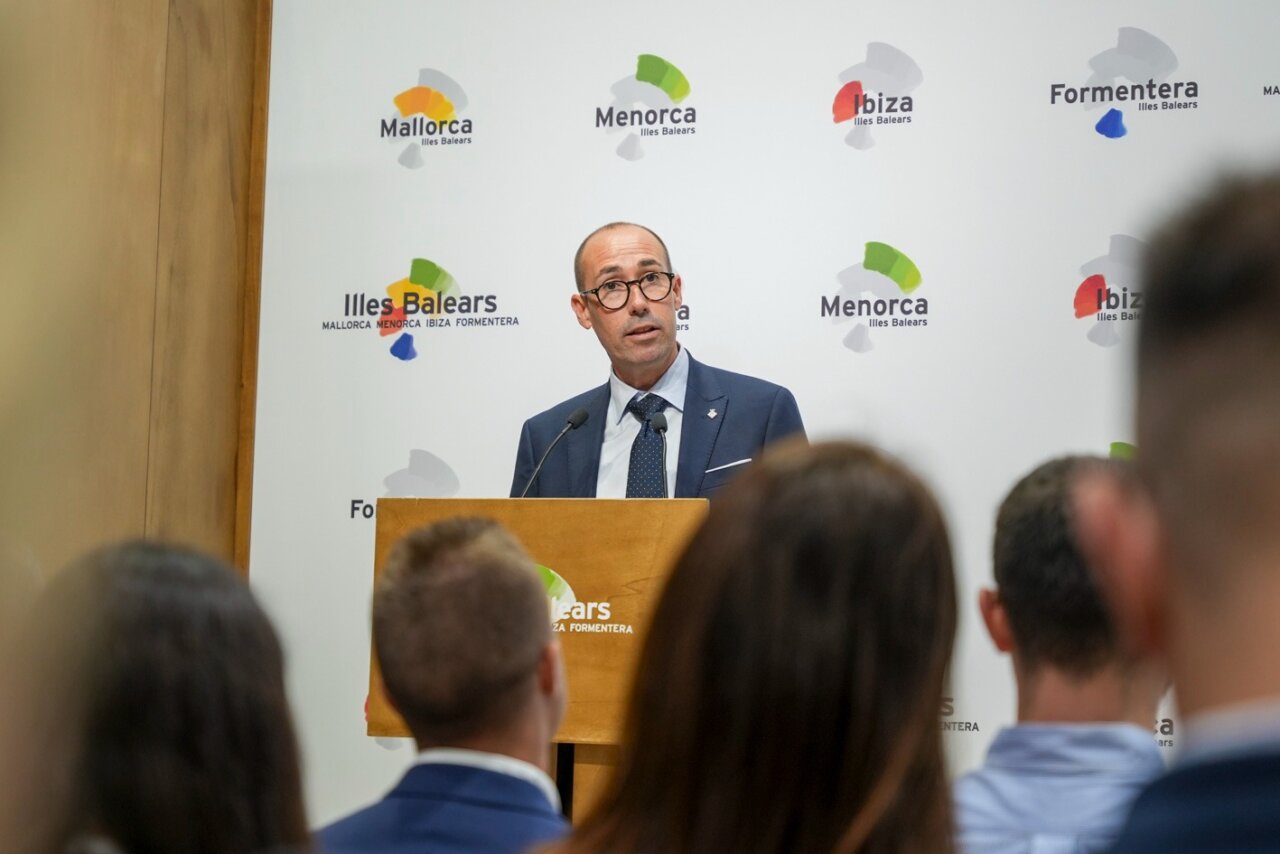The Spanish National Cancer Research Center (CNIO), an international benchmark in the fight against cancer, is facing one of the biggest scandals in its history after a complaint was filed with the Anti-Corruption Prosecutor’s Office for an alleged theft of 25 million euros over 18 years. The information, reported by El Mundo, claims that part of the administrative structure of the center would have allowed a sustained chain of cost overruns, fictitious services and irregular awards.
The complainant, a senior manager who between 2022 and 2025 held positions as Director of Procurement and Director of Operations, has submitted a 120-page document, supported by the head of Regulatory Compliance and four technical experts, in which he provides nearly 500 pieces of evidence, including contracts, emails and audios. The complaint also comes at a particularly delicate moment: just a year ago, the CNIO experienced a strong internal crisis that ended with the dismissal of its scientific director,
A history of irregularities that draws a “torrent of microcorruption”.
The complaint filed on June 27, 2025 describes a network of systematic practices that allegedly allowed the diversion of millions of euros intended for cancer research. It speaks of a “torrent of micro-corruption” in which companies linked personally or professionally to former directors were involved, benefiting for years from inflated contracts, prohibited instalment payments and non-existent services.
The whistleblower assures that, when new expense controls were implemented, “suspicious things” began to be detected, which resulted -according to his account- in “express pressure from the manager” to continue awarding contracts to certain companies. He also recounts episodes of tension in which “shouting” took place for questioning contracts that he considered irregular. Both he and other managers were dismissed on August 31, 2025, shortly before the change of management promoted by the Ministry of Science.
Gedosol, Zeus and Alaos: three companies named in the complaint
One of the most relevant names is Gedosol SL, created in 2007 by the partner of the former CNIO Chief of Staff. For almost two decades, this company was
Zeus SL, created by a former technical director – a close friend of Juan Arroyo – also appears to have won fifteen contracts worth 5.2 million euros, despite its alleged lack of experience in the technological field. The complaint estimates the cost overruns generated by these awards at 1.4 million.
The third company affected is Alaos ITL SL, linked to former CNIO colleagues, which received contracts for storage and sterilization services with overpricing estimated at 1.3 million euros.
A direct hit to cancer research
Beyond the figures, the complaint focuses on an even more serious issue: the possible detour of essential resources for biomedical research. According to the complainants, millions of euros that should have been earmarked for scientific projects, equipment or the hiring of research personnel would have ended up being absorbed in cost overruns and irregular contracts. The document includes testimonies that warn of practices “that are not carried out in any other center in Europe”, which adds a component of international alarm at a time when Spain is struggling to maintain its scientific competitiveness.
While the Madrid Public Prosecutor’s Office evaluates the case, the CNIO has limited itself to communicating that it “respects the judicial procedures”, avoiding for now any internal assessment. However, the dismissal of the complainants and the coincidence in time with the change of management have raised questions as to whether an attempt was made to halt the internal investigation or whether the change of management was aimed precisely at clarifying responsibilities.
A new chapter after the Blasco-Arroyo storm
The accusation comes less than a year after the CNIO experienced a strong institutional upheaval. In 2024, several chief scientists denounced the deterioration of María Blasco‘s research and management style, which led the Board of Trustees to withdraw their confidence in her. Blasco responded by denouncing harassment and directly targeting Juan Arroyo, whom she pointed to as responsible for a hostile climate. Both were finally dismissed, although Arroyo continued to be linked to the economic area as deputy director.
In this new scenario, Arroyo’s name appears again, this time associated with a complaint for alleged systematic embezzlement. The situation could reopen old wounds and completely redraw the map of responsibilities within the center.






